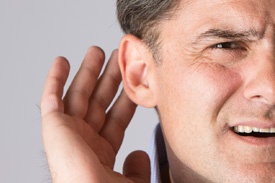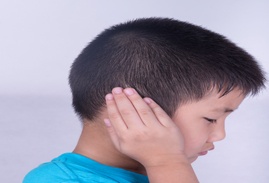It is estimated that around 15% of Americans experience tinnitus. Tinnitus is described differently by different people. It has been described as a ringing, chirping, rushing air “whooshing” noise, hissing, or whining sound. No matter the description, it is a sound perceived in the head or ears without a true external environmental cause of sound being present. Often, people downplay tinnitus and consider it a mild inconvenience. Others are impacted much more seriously. If you only experience mild symptoms from time to time, you may learn to live with it. But if your tinnitus affects you on a daily basis, it can have an impact on your quality of life.
Tinnitus and COVID-19
Tags: Hearing Aid, Audiology, Hearing Aids, Hearing, Hearing Loss Prevention, Hard of Hearing, Hearing Loss, "tinnitus", "ears", earplugs, Ear Pain, Ear Anatomy, Cochlear Implants, Ear Wax
Ear Wax – Cleaning, Removal, and Hearing Loss
Earwax or cerumen (from the Latin word "cera” meaning wax) is a normal, natural, necessary substance produced by the human ear. It is a sticky golden-colored substance produced by the outer cartilaginous third of the ear canal and it contains naturally occurring proteins that inhibit fungal and bacterial growth and keeps the sensitive skin of the ear canal lubricated and healthy. Earwax also helps trap dust and dirt and other foreign objects from entering the ear.
Tags: Hearing Aid, Audiology, Hearing Aids, Communication, Hearing, Hearing Loss Prevention, Hard of Hearing, Hearing Loss, "tinnitus", "ears", earplugs, Ear Pain, Ear Anatomy, Ear Wax
How to Prevent Swimmer's Ear
Summer is a time for kids and their families to enjoy a variety of water activities, which can increase the possibility of contracting Swimmer's ear.












